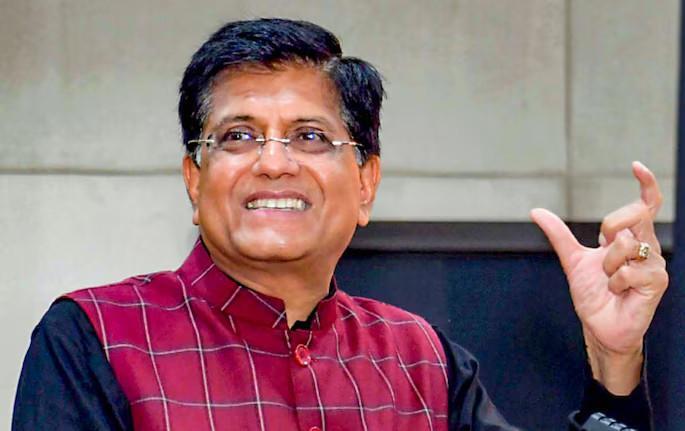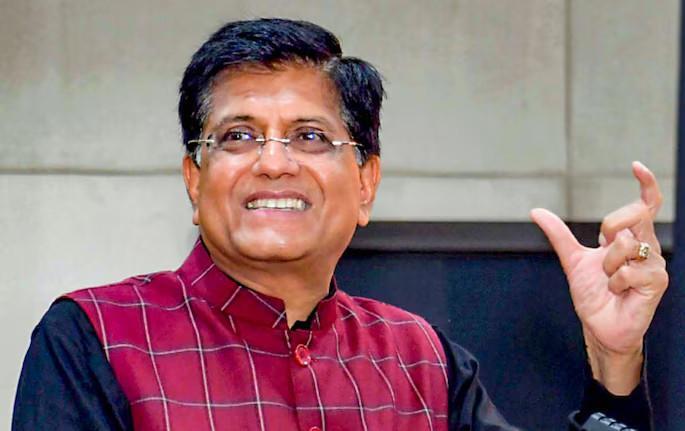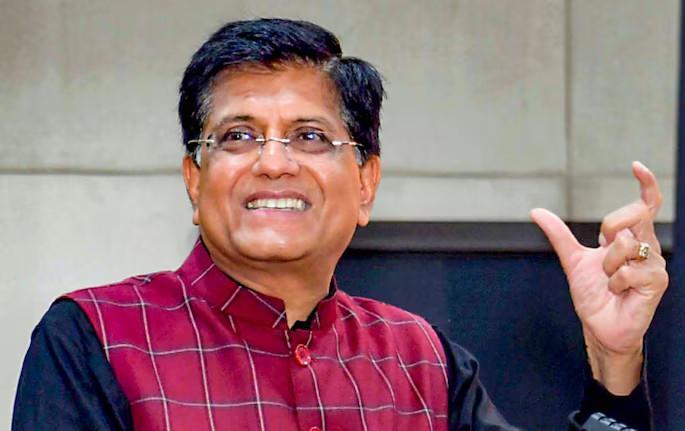
OpenAI & Elon Musk Agree to Fast-Track Trial Over For-Profit Model
In a recent development, OpenAI, a leading artificial intelligence research organization, and its co-founder Elon Musk have agreed to fast-track a trial regarding OpenAI’s transition to a for-profit model. This move comes after a court earlier denied Musk’s request to pause OpenAI’s transition to the model.
For those who may not be familiar, OpenAI is a non-profit artificial intelligence research organization that was founded in 2015 with the goal of creating AI that is safe and beneficial for humanity. Musk, who is one of the co-founders of OpenAI, has been vocal about his concerns that the company’s transition to a for-profit model could compromise its commitment to creating AI that benefits humanity.
Last year, Musk sued OpenAI and its CEO Sam Altman, accusing the company of straying from its original goal of creating AI for humanity’s benefit. Musk’s lawsuit claimed that OpenAI’s transition to a for-profit model was a betrayal of its original mission and that the company was prioritizing profits over the well-being of humanity.
The controversy surrounding OpenAI’s transition to a for-profit model has been ongoing for some time, with many experts and critics expressing concerns about the potential consequences of the company’s new business model. Some have argued that OpenAI’s focus on profits could lead to the development of AI that is designed to maximize profits, rather than benefiting humanity.
In light of these concerns, it is not surprising that Musk and OpenAI have agreed to fast-track a trial regarding the company’s transition to a for-profit model. The trial is expected to provide a platform for both parties to present their arguments and evidence, and for a judge to make a ruling on the matter.
What does this mean for the future of AI research?
The outcome of the trial could have significant implications for the future of AI research. If OpenAI is allowed to transition to a for-profit model, it could pave the way for other AI research organizations to follow suit. This could lead to a shift in the way AI research is funded and conducted, with a greater emphasis on profits and a potential decrease in the focus on creating AI that benefits humanity.
On the other hand, if Musk is successful in his lawsuit and OpenAI is prevented from transitioning to a for-profit model, it could set a precedent for other AI research organizations to prioritize their mission over profits. This could lead to a renewed focus on creating AI that is safe and beneficial for humanity, and could potentially slow down the development of AI that is designed to maximize profits.
What are the potential consequences of OpenAI’s transition to a for-profit model?
If OpenAI is allowed to transition to a for-profit model, it could have several potential consequences. One of the most significant consequences could be a shift in the way AI research is funded and conducted. With a greater emphasis on profits, OpenAI may be more likely to prioritize projects that have the potential to generate significant revenue, rather than projects that align with its original mission of creating AI for humanity’s benefit.
Another potential consequence could be a decrease in the transparency and accountability of OpenAI’s research. As a for-profit organization, OpenAI may be less transparent about its research and development processes, and may be more likely to prioritize secrecy over openness and collaboration.
Finally, the transition to a for-profit model could also have implications for the broader AI research community. If OpenAI is allowed to prioritize profits over its mission, it could set a precedent for other AI research organizations to follow suit. This could lead to a shift in the way AI research is conducted, with a greater emphasis on profits and a potential decrease in the focus on creating AI that benefits humanity.
Conclusion
The agreement between OpenAI and Elon Musk to fast-track a trial regarding OpenAI’s transition to a for-profit model is a significant development in the ongoing controversy surrounding the company’s business model. The outcome of the trial could have significant implications for the future of AI research, and could potentially set a precedent for other AI research organizations to follow.
As the trial unfolds, it will be important to monitor the progress and to consider the potential consequences of OpenAI’s transition to a for-profit model. Will OpenAI be allowed to prioritize profits over its mission, or will it be prevented from doing so? Only time will tell.
Source:





